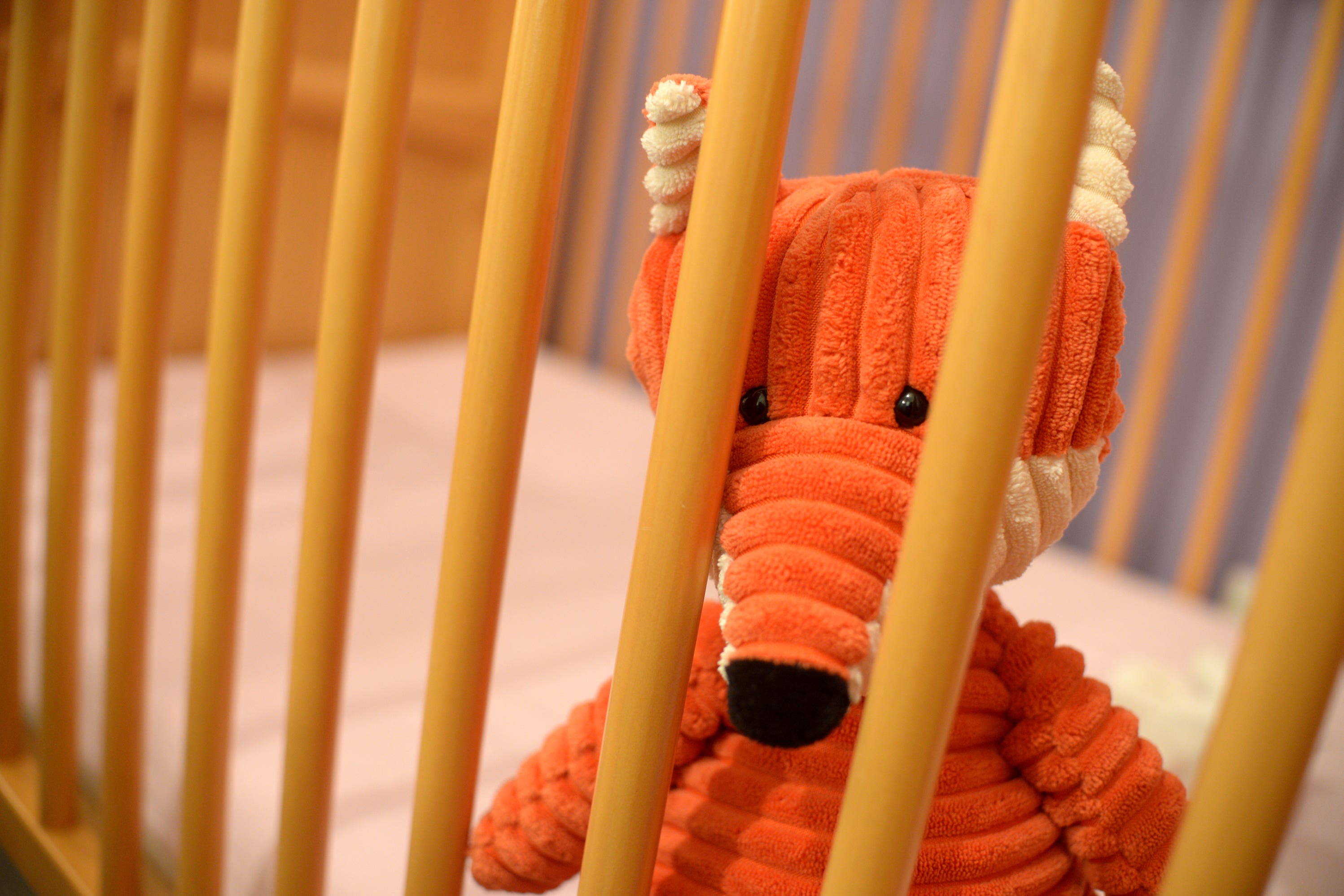Available fostering places in England down by 23% in four years – Ofsted
There were 13,170 vacant approved fostering placements over 2021-22 – a drop of 23% since 2018, figures show.

Your support helps us to tell the story
From reproductive rights to climate change to Big Tech, The Independent is on the ground when the story is developing. Whether it's investigating the financials of Elon Musk's pro-Trump PAC or producing our latest documentary, 'The A Word', which shines a light on the American women fighting for reproductive rights, we know how important it is to parse out the facts from the messaging.
At such a critical moment in US history, we need reporters on the ground. Your donation allows us to keep sending journalists to speak to both sides of the story.
The Independent is trusted by Americans across the entire political spectrum. And unlike many other quality news outlets, we choose not to lock Americans out of our reporting and analysis with paywalls. We believe quality journalism should be available to everyone, paid for by those who can afford it.
Your support makes all the difference.The number of available fostering places in England has fallen by almost a quarter in four years, figures show.
There were 74,660 fostering places as of March 31 2022, down 5% from 2018, according to data from Ofsted.
While the number of filled places has not changed, there were 13,170 vacant approved fostering placements over 2021-22 – a drop of 23% over the same period.
It comes as applications for mainstream fostering fell, while the number of approved foster carers also dropped and more fosterers left the sector.
Yvette Stanley, Ofsted director for social care and regulation, called the figures “alarming” and said some children are being left without the care they need.
The figures were collected from 428 local authority agencies and independent fostering agencies (IFAs) – 97% of all eligible agencies – covering the year to March 31 2022.
They show that 4,035 foster carer households were newly approved during the year and still active by March 31.
This is an 18% decrease in the number of newly approved households since 2018.
Over the same period, the number of initial inquiries from prospective fosterers rose by 18%, to 138,075 inquiries in the latest year.
However, just 6% went on to apply (down from 9% in 2017-18).
There were 8,280 applications to become a foster carer – the lowest number in several years and down 21% from 2017-18.
More mainstream fostering households deregistered than were approved (5,435 versus 4,035), leading to a decrease in fostering capacity.
Separately, around one in six fostering households in England involve family or friends who have been approved to care for a specific child or children, the figures show.
Of the 43,905 fostering households in England as of March 2022, 7,855 were family and friends households, caring for around 11,210 children.
The number of approved family and friends foster households has increased by 29% since 2018.
Ofsted said this is in line with the expectation for local authorities to place children with loved ones “wherever possible”, and the increase has played a significant part in meeting the demands of a rising number of children in care and fewer available mainstream placements.
Overall, the number of fostering households is down 4% from 2018.
Ofsted also released safeguarding data, which shows that there were 3,010 allegations of abuse made against foster carers in the latest year.
This is up 23% from 2017-18.
Just over half (51%) of all allegations related to physical abuse. Half (52%) of all allegations resulted in an outcome of no further action.
Ms Stanley, Ofsted director for social care and regulation, said: “Today’s statistics are alarming; the number of children coming into care is rising, yet the number of foster carers has fallen to its lowest point in years.
“This is undoubtedly adding pressure to an already stretched system.
“We know the importance of getting foster matches right so that children’s individual needs can be met and foster carers remain in the system.
“However, the decreasing number of foster carers is limiting options for children and, in the worst cases, leaving them without the care they need.”
Lynn Perry, chief executive of Barnardo’s, said: “Barnardo’s is worried about the data released today by Ofsted showing a reduction in fostering places in England.
“At the same time, there has been an increase in the number of children in the care system. This risks leaving even more children without the care and support they need.
“We would encourage the new children’s minister Claire Coutinho to prioritise increasing foster carer numbers and we would strongly urge the Government to use next week’s Autumn Statement to protect and increase investment in vital services for children – including earlier support for families and foster care for those who need it.”